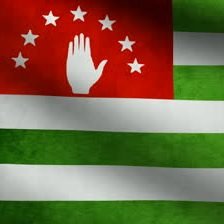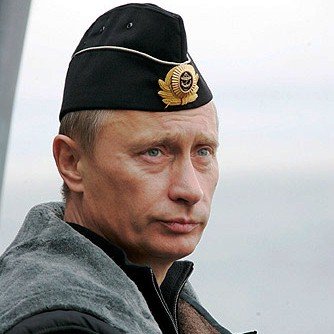(The Moscow Times) Last week saw the toppling of the president of Abkhazia in mass protests reminiscent of those in Kiev's Maidan Square. But while the new government may resolve some tensions, the breakaway republic's ambiguous relationship to Russia may lead to yet more problems in the future.
Abkhazia, a province with about 240,000 inhabitants, broke away from Georgia with help from Russia after emerging victorious from a brutal war from 1992 to 1993. In the wake of the August 2008 war over South Ossetia, Moscow formally recognized Abkhaz sovereignty but only Nicaragua, Venezuela, Vanuatu and Nauru followed suit. Abkhazia remains an isolated enclave dependent on Russia for contact with the outside world — and for subsidies that amount to 70 percent of its budget.
On May 27 demonstrators, variously estimated at 1,000 to 10,000 strong, stormed the presidential administration building in Sukhumi, forcing President Alexander Ankvab to flee to a nearby Russian military base. Russian presidential aide Vladislav Surkov flew in the next day for negotiations with the two sides. The parliament, which previously had supported Ankvab, then declared that he was unable to fulfill his duties and appointed its speaker Valery Bganba as interim president on May 31. […]
However, no matter Abkhazia's current fate or Moscow's possible role in the protests that pushed out Ankvab, long term anxiety exists over Russia's ambiguous relationship with Abkhazia. Professor Kornely Kakachia of Tbilisi State University suggests that some Abkhaz fear that Moscow might follow up on its seizure of Crimea by annexing Abkhazia. There is also the perennial worry that at some point in the future improved relations between Russia and Georgia, a larger and more significant potential ally, might cause Moscow to abandon Abkhazia.
Read the full article "Abkhazia's Crisis Not Over Yet" by Peter Rutland © The Moscow Times











